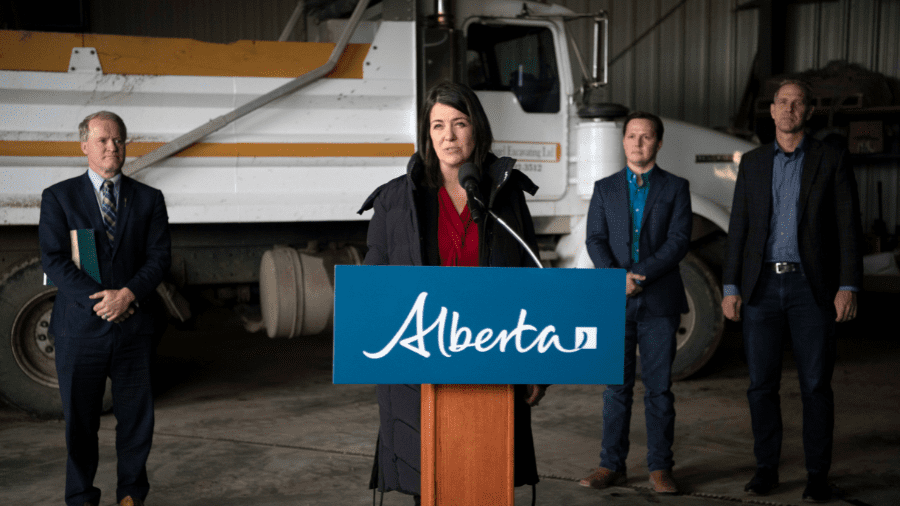This article originally appeared in the Financial Post. Below is an excerpt from the article, which can be read in full here.
By Jack Mintz, December 5, 2022
With Premier Danielle Smith’s government introducing the “Alberta Sovereignty within a United Canada” act, a new phase in federal-provincial relations has been reached. The question of the hour is why we are at this stage and what governments should be doing about it.
The Sovereignty Act is aimed at federal legislation or policies that are unconstitutional or harmful to the province’s people or prosperity, and thereby inconsistent with the Canadian Constitution’s division of powers between the federal and provincial government. Once the legislature passes a motion consistent with the act, provincial entities will be directed not to enforce a specific federal law. For example, the province might direct police not to enforce the new federal gun control laws.
Much will be written about the legality of the act or the degree of voter support for it — though not by me! Even though the act respects court decisions and Indigenous constitutional rights and doesn’t require private-sector compliance, it seems certain federal-provincial conflicts will arise and lead to court decisions. For example, consider the federal caps on GHG emissions from agriculture and the oilsands. The province owns the natural resources and so controls their regulation. On other hand, the federal government shares jurisdiction with the province over the environment. Even if Alberta does pass a motion to block enforcement of any cap, the courts will need to sort out the legalities surrounding these conflicting constitutional powers.
***TO READ THE FULL ARTICLE, VISIT THE FINANCIAL POST HERE***






